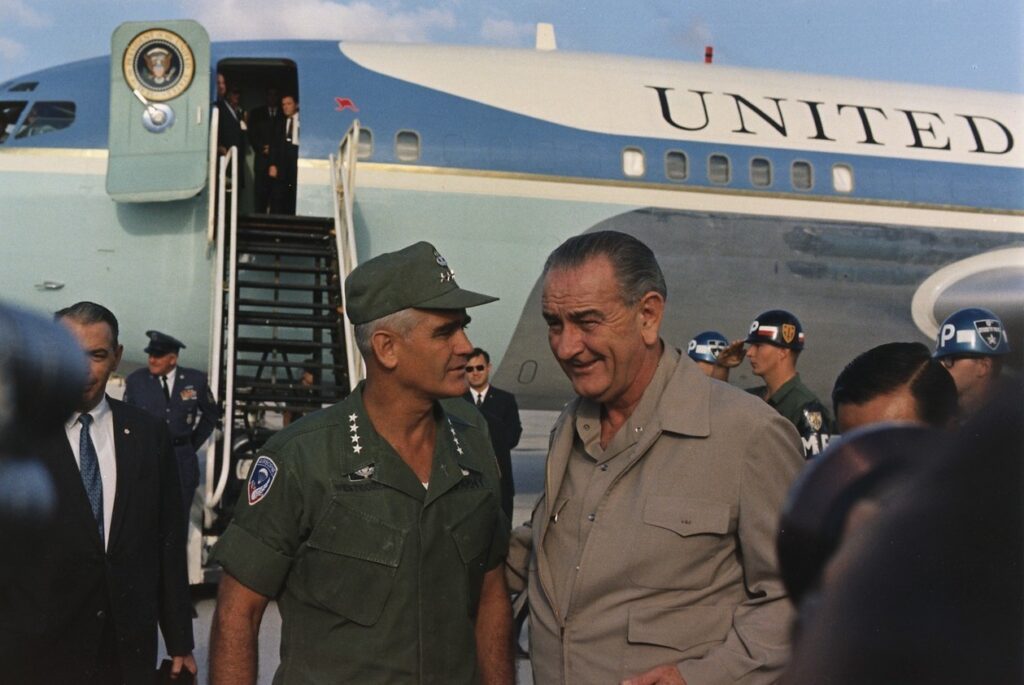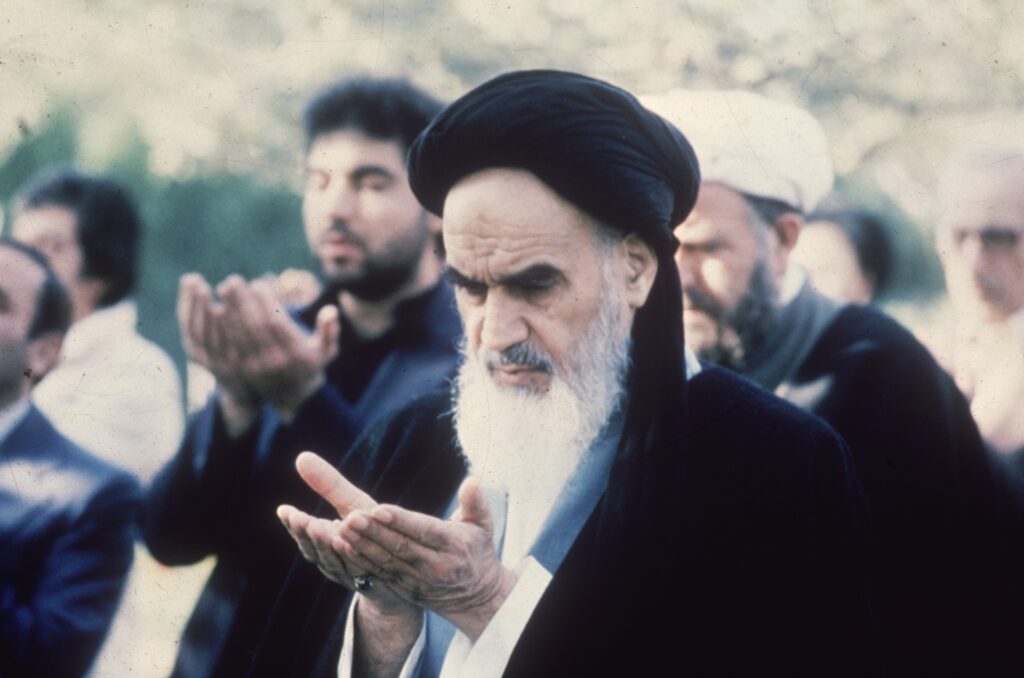Trump’s Foreign Policy Steers Steady Course After Errors of His Predecessors, Especially Biden and Obama, on World Stage
Conrad Black Aust 19th, 2025
Confusion, and sometimes damage, results from the oscillating strategies of America’s former presidents, whether trigger-happy hip-shooters or morally enfeebled pacifists.
It is particularly annoying to hear expressions of disappointment about the Alaska meeting between Presidents Trump and Vladimir Putin although it appears to have been at least somewhat successful, given that no one said anything about peace in Ukraine until Mr. Trump’s reinauguration. He said he would stop the invasion on the southern border and has done so, and he said that he would not permit Iran to become a nuclear military power, and he has done that. He said he would shape up the North Atlantic Treaty into a serious alliance from a bunch of freeloaders enjoying an American military guarantee and that, too, has happened.
As a well-disposed foreigner, I hope I will be pardoned for pointing out how much confusion and sometimes damage is done by the oscillation of American foreign policy under post-Truman Democrats and Republicans between Reagan and Trump. Sometimes that policy appears to have been devised by trigger-happy hip-shooters, and sometimes by morally enfeebled pacifists. An ineffective use of force can be destabilizing and when America, in President Nixon’s words, is “a pitiful helpless giant,” it is an irresistible invitation to the forces first of mischief and then of evil.

President Lyndon Johnson deployed more than half a million men to Vietnam on a thin pretext and maintained those force levels. It was a justified defense against the North Vietnamese invasion but he ignored the advice of the country’s two senior and most successful military commanders, Douglas MacArthur and Dwight Eisenhower, who both advised against intervening with ground forces in Vietnam but said that if it was done, it would be necessary to cut the Ho Chi Minh Trail, the North’s invasion route.
This advice was not followed, the Democrats deserted their own president, Johnson lost confidence after the North’s victory in the Tet Offensive, and when Nixon managed to salvage a non-Communist government in South Vietnam while extracting American forces, the Democrats destroyed Nixon over the unutterable nonsense of Watergate and ended all assistance to South Vietnam, delivering victory in their war to the North Vietnamese.

At least a million people died fleeing in boats or massacred as politically incompatible, and almost as many died in the killing fields of Cambodia. Fortunately, the critical country in the area, Indonesia, had already killed hundreds of thousands of its communists and moved decisively to the Western side in the Cold War. Indochina itself was not of sufficient geopolitical importance to alter the outcome of the Cold War but the inconsistencies in the American conduct of that war were tragic in themselves and were unhelpful to American credibility as a reliable superpower. (The memory of desperate people clinging to the runners of departing American helicopters at Saigon faded slowly.)
Any examination today of the Watergate affair inevitably produces the conclusions that it was an outrage. There remains no probative evidence that Nixon committed a crime, though some of his associates did, and no one today can read the counts of impeachment voted by the House judiciary committee against him and imagine for an instant that they justify the removal from office of a distinguished president who had just been re-elected by what remains the greatest plurality in American history, despite the electorate having doubled in number in size since then.

President Carter sincerely believed that Ayatollah Khomeini was an authentic reformer. No American president has more drastically misjudged a foreign political revolutionary. President Wilson knew at once how dangerous the Bolsheviks would be and President Franklin D. Roosevelt said on the day that Adolf Hitler became German chancellor that it would be impossible to co-exist with him. The impact of Carter’s miscalculation still weighs heavily on the Middle East.
President George H.W. Bush advised the legislature of Ukraine to remain in intimate confederation with Russia in what has become known as the Chicken Kyiv speech. His secretary of state, James Baker, promised the Soviet leader, Mikhail Gorbachev, that the North Atlantic Treaty would not expand one inch to the east beyond Germany. President Clinton initiated the tradition, followed by his immediate successors, of being swindled by Kim Jong-un. (If MacArthur and Nixon had been listened to, as Zhou En-lai confirmed to Nixon in 1972, we could have gotten rid of North Korea completely at relatively little cost in 1951; Korea today would be almost as great a powerhouse of the West as Japan.)

President George W. Bush and his advisors misread a lot of intelligence about the terrorist danger prior to the attacks on the World Trade Center and the Pentagon. He launched a war against Iraq, which was not directly implicated in 9/11 and which has had the effect of delivering 60 percent of that country to the domination of Iran, a result as far as possible from what had been intended. Mr. Bush became infatuated with the simplistic idea that democracies don’t initiate aggressive war and free elections inevitably elect democratic political movements. Thus, if we held elections even in countries that had little aptitude for such a process, it would be the end of war. We got the elevation of Hamas and Hezbollah.
President Obama withdrew American forces so hastily from Iraq that the country was almost overthrown by the ISIS terrorists. He informed the nation that he would introduce a modest amount of protection for the Iraqi regime that the United States and its allies had established, he modestly announced: “This is American leadership at its best.” He drew a red line in Syria that could not be crossed, but when it was crossed nothing happened: the line was written in invisible ink. The failings of President Biden are too numerous, infamous, and disruptive to the nervous system to enumerate.
Of course, the Democrats and Republicans between Reagan and Trump have had their successes: Camp David, the initial Gulf War, and the general success against terrorists. Yet there has been a great deal of lurching between policies. Now that NATO is becoming a serious alliance again, a consensus on the goals of the Western Alliance should be reassembled and consistently pursued.





Post a Comment